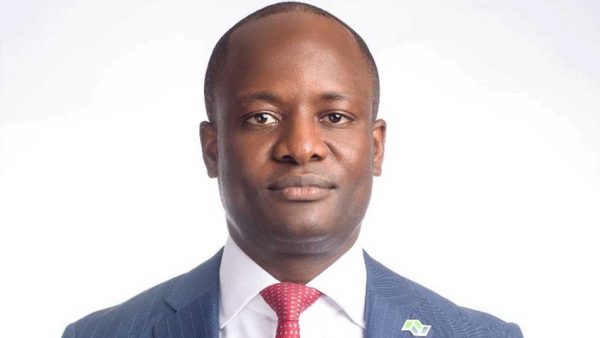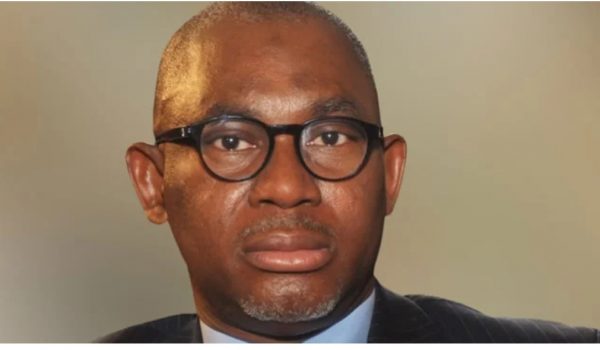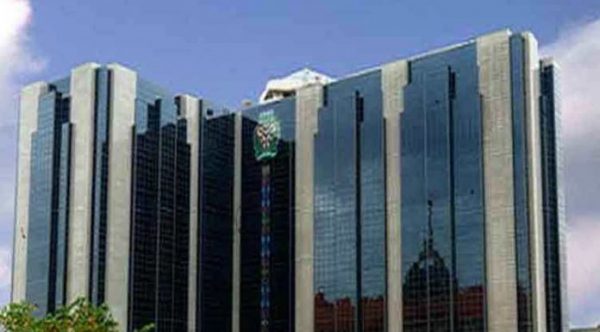Exiting foreign investment shrinks ETF by 67 per cent in three years

• Exchange hints on four new potential ETFs listings
Waning foreign investors’ participation, which has resulted in foreign portfolio investment decline in the past few years, has impacted negatively on the Nigerian Stock Exchange (NGX) Exchange Traded Fund (ETF), as the market dipped from N24.5 billion market capitalisation in 2020 to its current N8.87 billion.
An ETF is a marketable security that tracks an index, a commodity, bond or a basket of assets like an index fund. Unlike mutual funds, an ETF trades like a common share on a stock exchange. ETFs experience price changes throughout the day as they are exchanged.
The existence of ETFs in the market is beneficial to retail and institutional investors, as they offer a direct and inexpensive means of achieving diversified exposure.
Although the NGX is leading the ETFs market in West Africa with an N8.87 billion market capitalisation, the market is still in its nascent state compared to the South African ETF market with a $7.11 billion capitalisation.
Chief Executive Officer of the NGX, Temi Popoola, while speaking at the ETFs Conference themed ‘ETFs in the Nigerian Capital Market: Opportunities and Challenges’ assured that the market would see a renewal as four new listings were in the pipeline.
Poopola said: “There has been a dearth of new ETFs listings on the NGX in recent years, however, there are bright spots on the horizon with four new ETFs listings in the pipeline.
“It is incumbent to state that current macro-economic challenges resulting in the exit of foreign investors, impacted the ETFs space which resulted in a sharp dip in the ETFs market Cap from 2020 highs of N24.5 billion. We are hopeful that the policy tilt of the new administration would impact positively on our market.”
Popoola also stated that there are opportunities in every segment of the market and across the various asset classes if investors could do analysis to understand where those opportunities are.
He stressed the need for investors to diversify and rebalance their portfolios, noting that it will go a long way to reduce the systematic risks in each asset class.
According to him, the fundamental purpose of portfolio diversification is to minimise the risk of investments, especially unsystematic risk. Also speaking at the event, the Executive Commissioner, of Operations, Securities and Exchanges Commission (SEC), Dayo Obisan, expressed confidence in the ability of experts to proffer solutions to challenges constituting disincentive to investment in the capital market.
He urged all stakeholders, including the Fund Managers Association, NGX and other institutional investors to extend the conversation around ETFs investment to deepen the market and make the asset class more vibrant in the capital market.
Executive Director, Central Securities and Clearing System (CSCS) Plc, Adeyinka Shonekan, who spoke on the CSCS’s developmental efforts in the ETFs market, said CSCS has been using technology to improve the onboarding of retail investors into ETFs.
He pointed out that the CSCS has been driving an initiative to reduce the settlement cycle from T+3 to T+2 or T+1, adding that the clearing house is also engaging stakeholders to ensure that the initiative is realistic.







